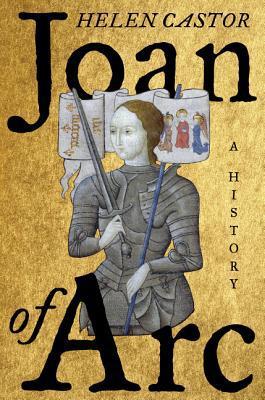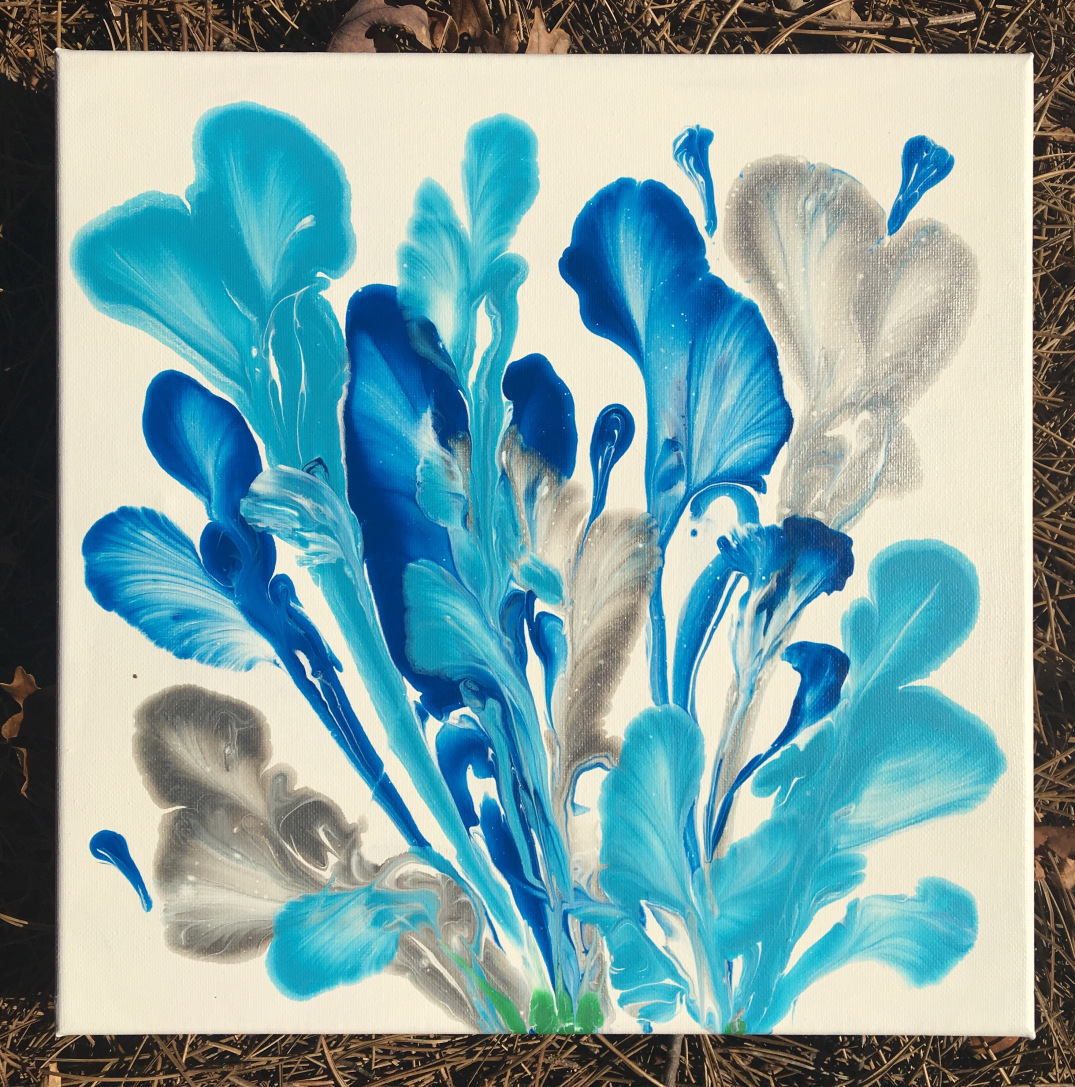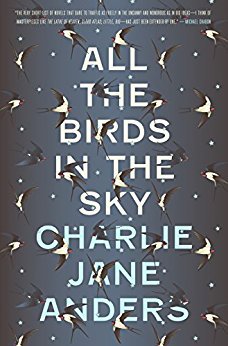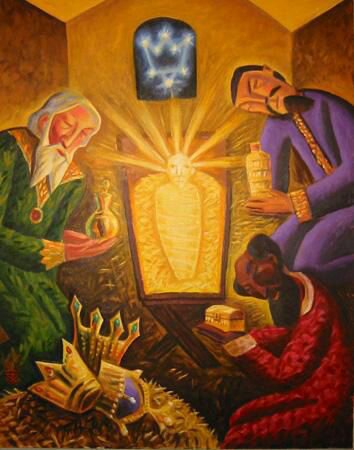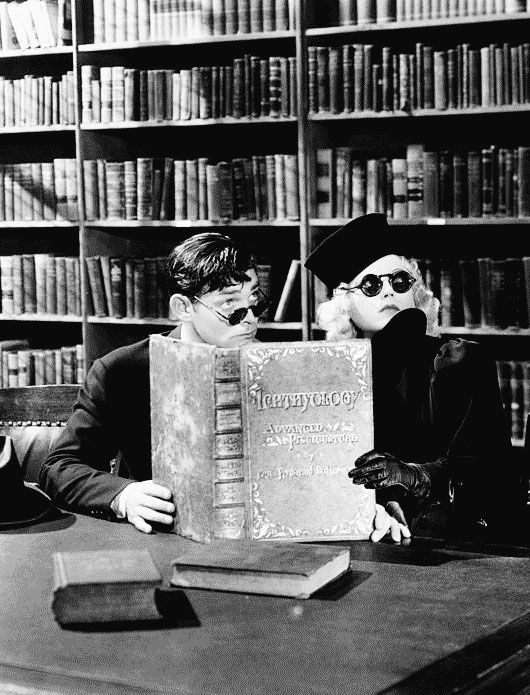
Dear Readers — If it’s not to arrogant to suppose you exist.
My apologies for not blogging for ages. My excuses include, but are not limited to:
•Massive amounts of prescribed reading for the McIlvanney Prize (judge); EIBF, Bloody Scotland, Wigtown Book Festival, Dundee Literary Festival …
•Ongoing pervasive melancholy
•Spending the past few months not knowing whether I was coming or going, mainly concentrating on being at a book festival on the right day at the right time with the right set of notes to hand
•All while finalising the programming of Granite Noir
•Turning 58 (what a dull, uninspiring number)
•Running back and forth to the post office thanks to the lovely people placing orders from my Etsy shop, PluckyCrocus
•And dealing with ongoing pervasive melancholy. Have I mentioned the melancholy?
None of this is as time or energy consuming as being a full time health care professional, a teacher, a firefighter, a parent, or — well you get the picture. It consumes me, though. C’est ma vie.
I have several different TBR piles. The one glaring daggers at me is recently acquired stuff, books I requested from publishers, books they sent me as lovely surprises, because they thought I’d enjoy them, and some that talented friends sent my way. I’m doing my best. There have been a few disappointments. Not naming any names, but also not reviewing those, as is my policy here.
In brief, are a few of the absorbing things I’ve read recently. Expect Part II soon:

A State of Freedom by Neel Mukherjee. Out now from Chatto & Windus. £16.99 hardback
Not a review, because Neel and I are friends, and I don’t review my friends. Nevertheless I urge you to read this. Neel’s richly textured novels remind me of Tolstoy’s, with their attention to detail and their comprehensive — at times horrifying — introduction to a society most of us don’t properly understand. I’ve learned more about India from reading two of Neel’s novels than I did from paying a brief visit, or anything else I’ve read. This is a scathing portrait of a rigid and rigged society the likes of which you won’t see on a package holiday. His characters are complicated, their lives messy and circumscribed. Added bonus, the novel’s filled with mouth-watering descriptions of regional cooking that made me want to go out and try every dish he described.
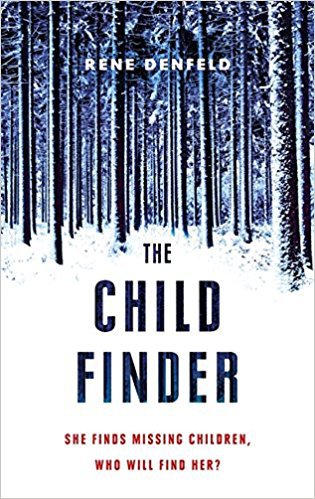
The Child Finder by Rene Denfeld. Out now from Orion as an eBook and an Export TPB, £12.99; out in hardback in January, £12.99
Fans of The Enchanted will love Rene Denfeld’s new novel, which is less shocking but no less stirring. She returns to the theme of damaged, dispossessed lives, revealing the resilience of the human spirit, and showing how beauty may persist even in horrific circumstances.
Naomi Cottle is a child finder, called in by desperate families, often long after a police investigation has stalled or ended. As the novel opens she’s meeting the Culvers. Three years earlier their five-year-old daughter Madison went missing. Her mother, especially, believes that she’s alive, and might be returned.
This story, part mystery, part quest, alternates with the slow unpacking of Naomi’s increasingly vivid memories of her own childhood abduction, her rescue, and subsequent life in foster care. She pushes against the rising tide of memories, frightened of horrors she might remember. But she’s equally frightened of the steadfast love on offer from a man who’s pure of heart.
Another strand of the novel is Madison’s own tale of captivity — for she is alive, albeit enduring a feral existence, imprisoned by one of Denfeld’s now-trademark complicated — yet ultimately compelling — villains. It’s intriguing, and surely no accident, that both her novels portray the “villain” as a man without a voice, someone returned to a primitive state, someone removed from society, who can’t believe in his own existence because his own abuser erased him so thoroughly.
Denfeld’s language is unadorned, and the story rooted in the real world, in the crunch of snow and the smell of blood coming from sprung traps, in the stench of bodies and the comforting aroma of home cooking. Though seasons pass in Madison’s thread, it’s a cold book, the chill coming not only from descriptions of the mountainous, wooded terrain, and the people who live there, but from events, as well.
In captivity, Madison evokes a private world, drawing on the walls of her subterranean prison. She creates an ongoing fairy tale, calling herself a snow girl; it’s part autobiography, part remembered bedtime stories. She hides in her fantasy world: “On the dirt floor she drew a large shape called MOM. She lay down inside it, pretending it was hers. She cupped her body there, sucking her thumb like a baby.”
My one concern is that Madison reads much older than her years, which span ages five to eight. Early on, when she’s presumably nearer five, Denfeld has her “feel her veins filling with nutrients as she ate, as if she were one of the trees outside, drinking in the milk of the melted snow.”
She is a strong child, remarkably adept at maintaining her identity and studying her captor. “Maybe he cannot read, she thought. This thought gave her pleasure. Maybe she knew something he did not.” Ultimately the reader (this reader) suspends disbelief about the girl’s vocabulary and thoughts. This, I’ve decided, is what happens in Denfeld’s novels, which conjure a sense of the magical. Think back to the horses sequence in The Enchanted. Go with her story and see where it takes you.
Eventually we understand that “B,” the abductor, is deaf. He no longer feels real to himself and believes Madison is magic. He is filled with rage. The story of how he became this way is, like Naomi’s, eked out — and devastating. It is why I put “villain” in quotes. He has done bad, more than once. But is he bad? These ambiguities are at the heart of everything Denfeld writes, and should be at the heart of all human interactions.
Interviewed by Michigan Quarterly, Denfeld said, “I want to explore how crime happens as part of our culture, not outside it, and how the victims are among us — they are us — just as the offenders are created, not born. I also wanted the story set in the natural world, part of the landscape where we find beauty as well as challenge. I wanted to turn over the tropes about so many people, from foster parents to sex abuse victims, and to demonstrate the immense power we all have to change lives for the better. I wanted to show the power of love.”
She succeeds beautifuly. Her humanity and empathy are never in doubt. No one is written off, no matter what, for behaviour is always contextualised. Hope is possible. Love is possible. Damage, while ineradicable, need not define us.
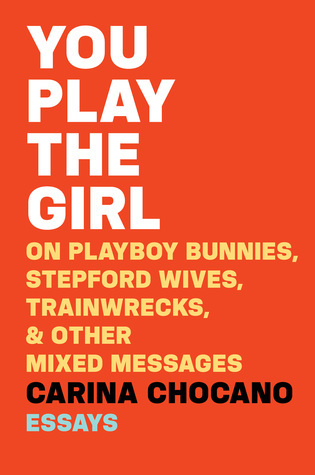
You Play the Girl: On Playboy Bunnies, Princesses, Trainwrecks & Other Man-Made Women. By Carina Chocano. Out now from Virago. £14.99 paperback
American journalist Carina Chocano was a staff film and TV critic at the Los Angeles Times, a TV critic for Entertainment Weekly, and a staff writer for Salon. Her journalism has appeared in the New York Times Magazine, Elle, The New Yorker, Rolling Stone, Aeon and elsewhere. She’s been anthologised in several humour collections, and is the author of Do You Love Me, or am I Just Paranoid.
This essay collection functions partly as memoir, partly as a history lesson for her daughter, its dedicatee. It is also part exposé of some of the ways that female identity has been — and still is — shaped by male popular culture and male ideas. And how women regularly buy into that, unthinkingly. Though Chocano’s younger than I am, much of what she recalls held true for me, coming of age about 10-15 years earlier, underscoring the painful truth that we haven’t come a long way, babies, not at all.
It’s an uneven anthology, but that’s the nature of these beasts. The best of these essays more than make up for more lightweight fare. She’s done her research, and pulls in fitting references from a range of feminist texts. She also links to fairy tales and other children’s stories, especially Alice in Wonderland, making them illustrate her bigger arguments about the role of women and our place in society. She uses pernicious messages in the stories we’re told told and absorb — received wisdom, or so it seems, to a kid — to contrast with the shock of awakening, sputtering to one’s senses, saying, “Hey wait just a minute!” (Which reminds me of the version of Sleeping Beauty in which she’s raped while deep in enchanted sleep, and has a baby.)
Favourite essays of mine include Bunnies, which talks about her grandfather, and the warped world of Playboy magazine, and Can This Marriage Be Saved, which looks at her parents’ marriage and the institution as a destination, taking in The Stepford Wives, Bewitched, I Dream of Jeannie, and the eponymous advice column that ran for years and years in Ladies’ Home Journal. It contains this sobering realisation: “In societies where women’s rights are no longer openly, blatantly denied — as they are not in most of the Western world — women are instead encouraged to deny them voluntarily.”
The Bronze Statue of the Virgin Slut Ice Queen Bitch Goddess is good on Katherine Hepburn in The Philadelphia Story. What a Feeling tackles how, during puberty, “It’s not that you lose control of your body so much as that you lose control over the way your body is interpreted.” She looks at the differences between male and female coming of age stories — yes, through the prism of Flashdance, decoding its dark messages.
You Play The Girl is absorbing, anger-provoking and worth reading at any age. An excellent Christmas gift for young people, it will remind them to question all the storytelling conventions that keep women down and help perpetuate toxic masculinity.
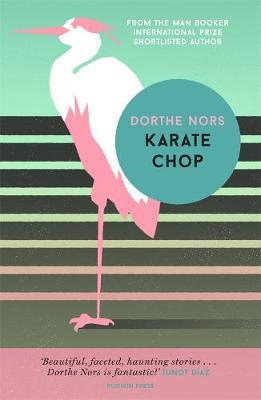
Karate Chop by Dorthe Nors. Translated from the Danish by Martin Aitken. Out now from Pushkin Press. £7.99 paperback.
Are there two more delicious words than “slim volume?” This SV, a collection of shortish short stories which won the PO Enquist Literary Prize, comes beautifully packaged by Pushkin Press, who do everything with style. Dorthe Nors is the author of four novels, a novella, and this collection. She was the first Danish writer to have a story appear in The New Yorker, and has been shortlisted for the Booker prize (For Mirror, Shoulder, Signal).
To be honest, I’m still coming to grips with these sharp, funny, unsettling tales. It feels as if the reader’s dropped into the thick of things — entire worlds evoked in a few sentences — then plucked out jarred, but not fully absorbing what’s just happened. These are not stories for a once-over, but stories to return to regularly, to argue about and ponder.
In one, the unexpected delivery of a four-pound tomato leads to an even more unexpected romance. Another seems to be about neighbours, their dogs and the deaths of these dogs. Blink or skip a word and you miss what’s really going on.
I’ll return to Nors’s work — I’ve two more on deck — and to these stories, and hope to speak more knowledgeably about them. Meanwhile, I recommend them to anyone who enjoys spare, rich prose, and stories whose intensity belies their brevity.
Advertisements Share this:

